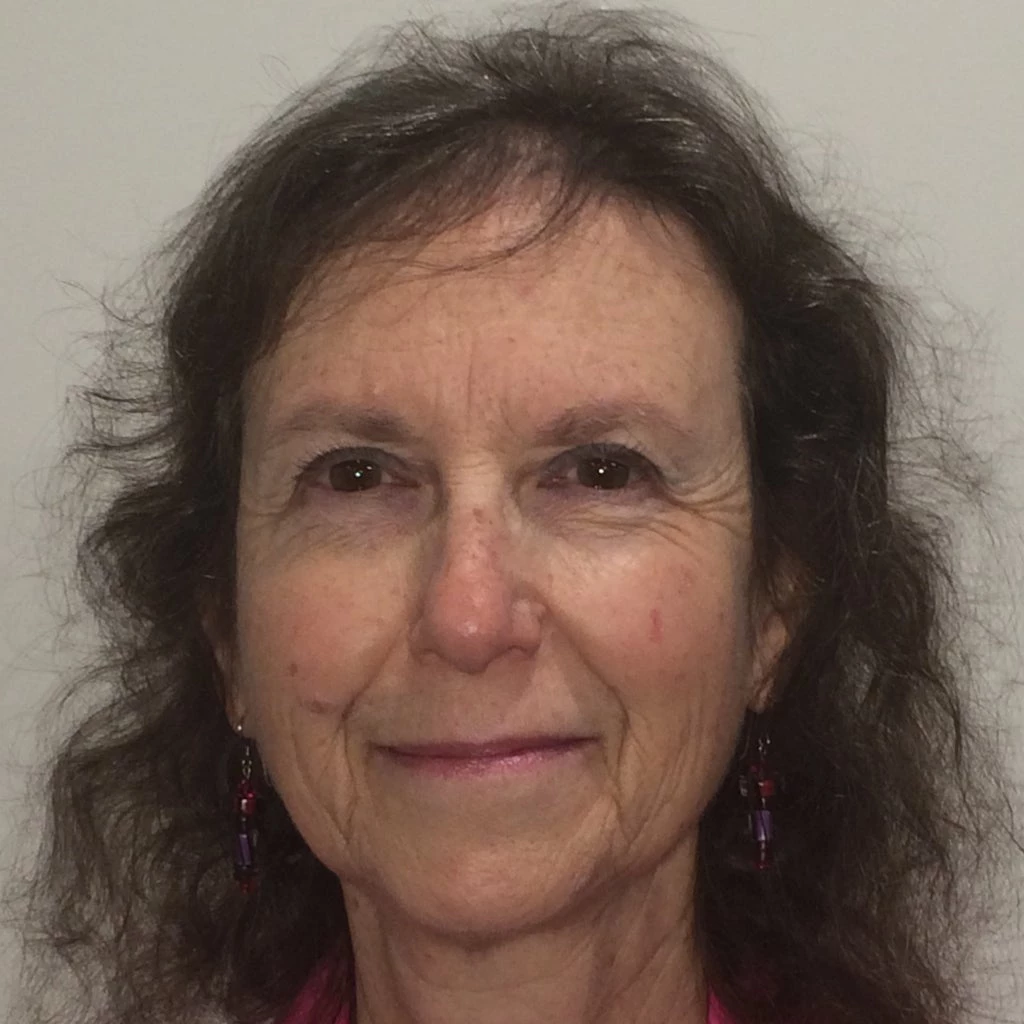
Despite the fact that women represent about half of the global population, produce the majority of global food supply, and perform 60% to 80% of the agricultural work in developing countries, women own less than 20% of land worldwide.
Written laws often fall short of adequately protecting women’s tenure rights; while in some countries, formal national laws explicitly discriminate against women. In post-disaster rehabilitation and reconstruction, women face particular hurdles to secure tenure and shelter. Even in areas with strong protections of equality and non-discrimination, displaced women often struggle to assert their property rights.
On March 8, 2016, on the occasion of International Women’s Day, Habitat for Humanity International launched its first global advocacy campaign, “Solid Ground,” which envisions a world where everyone has access to land for shelter. Promoting gender equality and addressing inequitable or unenforced laws, policies, and customary practices affecting women’s rights to security of tenure and inheritance, has been a primary focus of the campaign.
Now mid-way through the campaign, Solid Ground has grown to include 37 national Habitat for Humanity organizations, 17 partner organizations, an active microsite solidgroundcampaign.org (and in Spanish, SueloUrbano.org), and has provided direct financial assistance to country programs working on gender and land issues. In its first year, over 1.3 million people are projected to have improved access to land for shelter through the Solid Ground campaign with a goal of reaching 10 million people, especially women.
Through a variety of efforts to build capacity, mobilize allies, influence policymakers, and work together with our partners, we are seeing signs of progress being made to achieve successful outcomes in helping facilitate women’s land ownership and empowering women to understand and achieve their rights. A sampling of some strategies, cases, and upcoming plans are highlighted below.
Education and learning
This year the Solid Ground Campaign co-hosted three learning exchanges on regional and global land issues with the Global Land Tool Network. Women’s land rights were prominently featured at each event hosted in Washington D.C., South Africa, and Manila. The learning exchanges enabled participants to hear from land experts and share tools, experiences, and challenges.
The Partnership for Action conference and learning exchange, held in Pretoria in August 2017, focused on multi-sector approaches to improving land governance and management in Africa. In her keynote address, the Honorable Jacqueline Amongin, Member of the Uganda Parliament and Chair of the Pan African Parliament Committee on Rural Economy, Agriculture and Natural Resources, affirmed the Pan African Parliament’s commitment to achieving gender equality on land rights. She also noted that in Uganda only 7% of women own land, which has prompted the government to introduce the Land Amendment Act to improve women’s land ownership.
Country programs
A number of Habitat for Humanity country programs have been awarded financial assistance through a competitive process under Solid Ground to work on a variety of issues related to gender inequality, secure tenure, slum improvement, and disaster-related access to land for shelter initiatives. Over 560,000 people were positively impacted by the first round of grants, and a new round of work is currently underway. Examples include:
- Habitat for Humanity India is addressing access to land to build disaster resilient communities with an added focus on gender equality. Advocacy for access to land for disaster-affected families in Tamil Nadu, especially for the Irula Community, is at the heart of this local campaign.
- Habitat for Humanity Cambodia mobilized over 10,000 youths during their Young Leaders Build, which teaches students about the importance of access to land for shelter and shared information on land-related issues.
- Habitat for Humanity Bolivia created a school for women leaders to educate and empower women in Cochabamba. 365 women and 41 men have been trained in the legal processes and pathways to Secure Land Tenure and Property Rights and are now able to claim these rights through judicial and administrative channels. This effort has now been expanded to three additional communities, as well as being replicated in Brazil and Peru.
- Habitat for Humanity Brazil has been training women living in informal settlements, to raise their awareness and strengthen their capacity to understand and defend their housing, land and property rights. In 2016, over 80 women and 16 men were trained in Recife, coming from 8 cities of Pernambuco State. Their work also focuses on empowering communities, improving policies, and making judicial responses more effective to protect the land rights of informal urban dwellers threatened by eviction, especially women.
As 2017 comes to a close, we are proud to see the progress being made for women and property rights issues, thanks to the support of our partners and you. Through continued education, social media, advocacy and outreach campaigns, we are bringing more attention to these issues at the global, national and local levels.
In 2018, upcoming events and media platforms, such as the World Bank Land and Poverty Conference, the UN Commission on the Status of Women, the World Urban Forum, and the UN High Level Political Forum on the Sustainable Development Goals, among others, will help us continue the struggle to achieve equitable women’s land rights.
Related links:
- Blog post: Let’s work together to make land rights for women a reality
- Blog post: Colombian rural women are building peace
- Blog post: Why Fatima had to lose her house
- Subscribe to our Sustainable Communities newsletter and Flipboard magazine
- Follow @WBG_Cities on Twitter



Join the Conversation